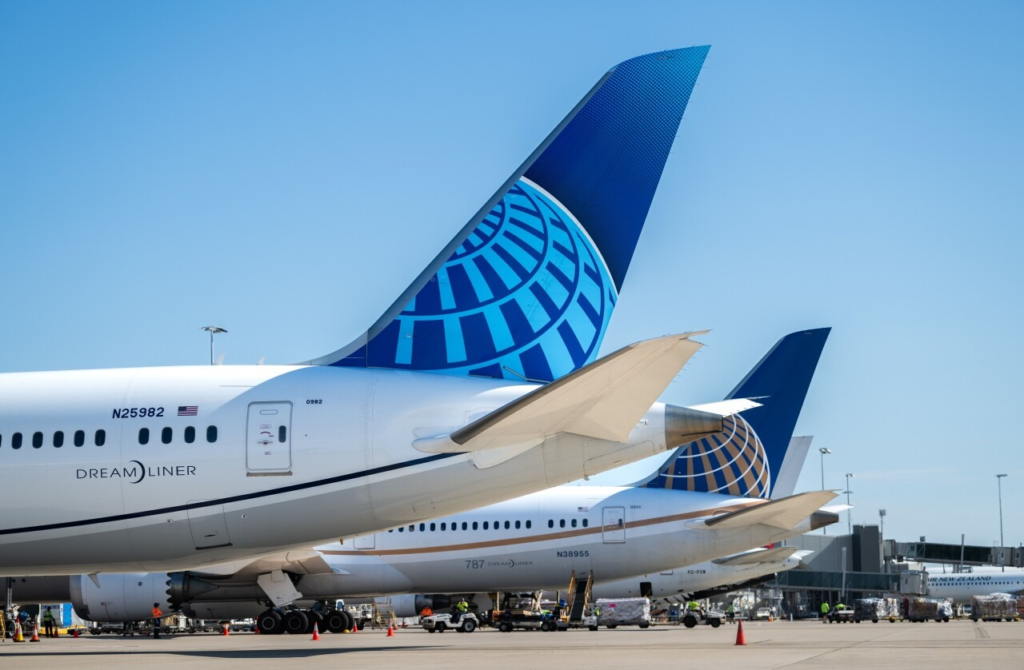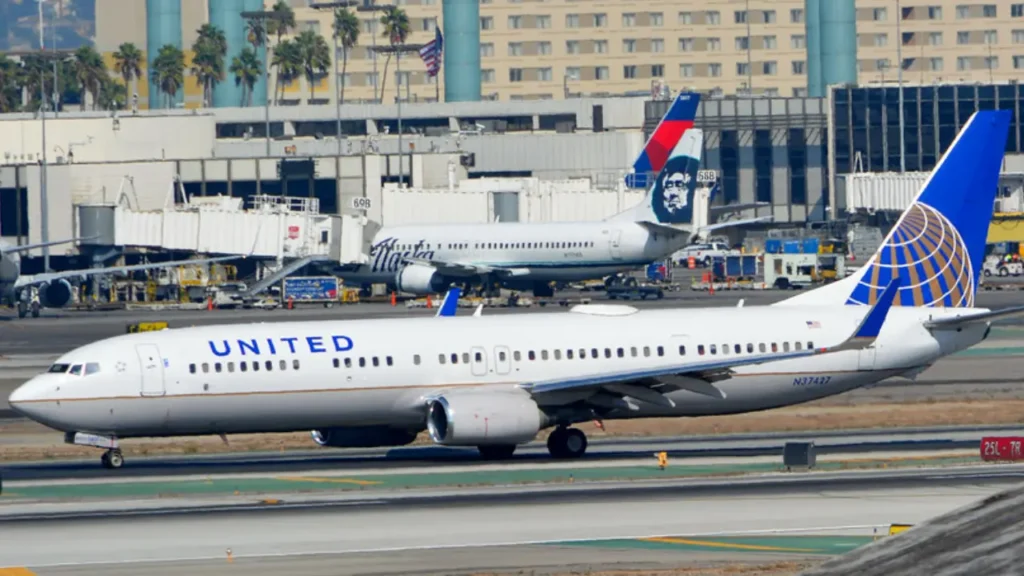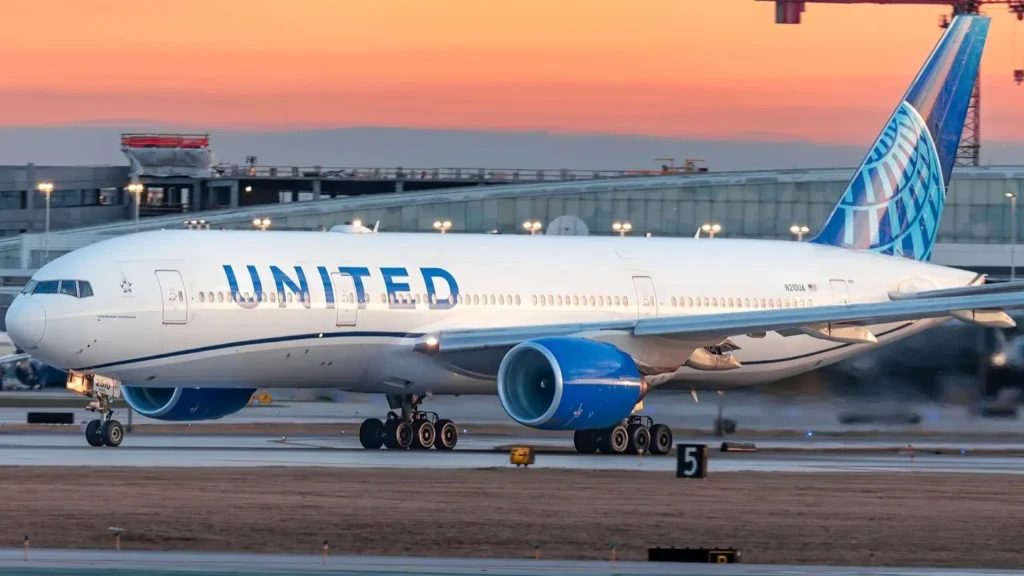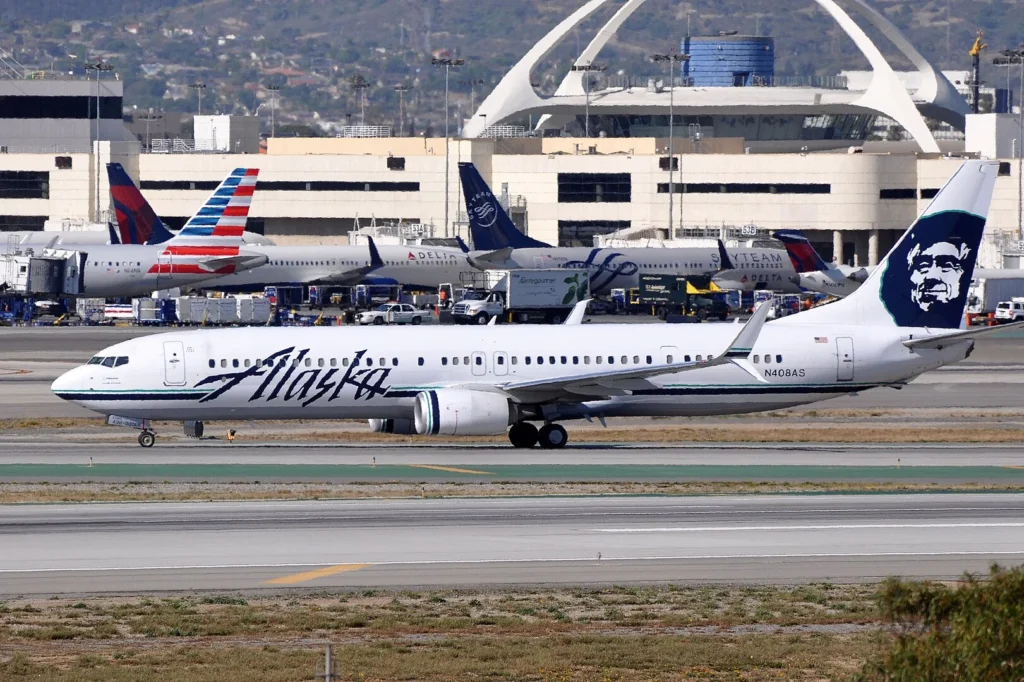
CHICAGO– A widespread IT system failure forced United Airlines (UA) to ground aircraft across several major U.S. airports, causing over 1,000 flight delays. The disruption originated from a technical issue with Unimatic, United’s legacy internal operations system.
Flights bound for key United hubs—including Chicago O’Hare (ORD), Denver (DEN), Newark (EWR), Houston (IAH), and San Francisco (SFO)—were halted, with impacts spilling into the next day despite the issue being resolved late Wednesday.
 Photo: Brisbane Airport
Photo: Brisbane AirportUnited Flights Grounded
The disruption stemmed from a malfunction in Unimatic, a decades-old internal system used by United Airlines for dispatch operations.
According to United, Unimatic feeds critical data to other systems, including those that calculate aircraft weight and balance, track flight times, and manage dispatch information. When Unimatic went offline, downstream systems couldn’t function, forcing a temporary nationwide halt.
Although United confirmed the issue wasn’t related to any cybersecurity threat, the system remained down for several hours, resulting in cascading delays across the network. The airline described the situation as a “system outage” and clarified that it worked with internal IT teams to restore operations as quickly as possible.
As per FAA alerts, United flights destined for Chicago O’Hare (ORD) were stopped at origin airports, and services to other major hubs—Denver (DEN), Newark (EWR), Houston (IAH), and San Francisco (SFO)—also saw significant disruption.
 Photo: Charles | Flickr
Photo: Charles | FlickrFlight Impact and Passenger Fallout
Data from FlightAware showed that by Wednesday evening, approximately 35% of United flights were delayed, and 6% were canceled. While operations resumed by late Wednesday, some residual delays and cancellations extended into Thursday.
Travelers were significantly impacted. At Louis Armstrong New Orleans International Airport (MSY), passengers like Johan Kotze faced serious challenges.
Planning to connect through multiple cities en route to Mauritius, Kotze feared he’d miss multiple connecting flights and have to rebook everything—flights, rental car, and hotel stays.
“It’s not very nice,” he told reporters, summarizing the general mood among affected passengers.
 Photo: Cado Photo
Photo: Cado PhotoUnited’s Response and Compensation
United Airlines issued a public apology, primarily via social media, assuring passengers it was working to resolve the issue. The airline acknowledged the inconvenience and, in some cases, offered to cover hotel and other incurred expenses for travelers facing extended delays.
A representative message posted on X read:
“Hey there, we apologize for the travel disruption today. Our teams are working to resolve the outage as quickly as possible. Thank you for your patience.”
The company reiterated that safety remained its top priority and emphasized that the outage was not linked to cybersecurity risks—a key concern in an era of rising digital threats to the aviation sector.
 Photo: By Eric Salard – N408AS LAX, CC BY-SA 2.0, https://commons.wikimedia.org/w/index.php?curid=43543100
Photo: By Eric Salard – N408AS LAX, CC BY-SA 2.0, https://commons.wikimedia.org/w/index.php?curid=43543100Similar Incident
Alaska Airlines (AS) has resumed operations following a major nationwide IT failure that grounded its entire fleet, including regional carrier Horizon Air (QX), and disrupted services at key hubs like Seattle-Tacoma International Airport (SEA).
The outage began late Sunday, July 20, forcing Alaska Airlines to halt all flights across the U.S., affecting travelers at airports including Denver (DEN), Los Angeles (LAX), and Portland (PDX). The airline restored services by early Monday morning but warned of ongoing delays.
The IT issue surfaced around 11:00 PM Eastern Time, triggering an internal system failure that led Alaska Airlines to initiate a voluntary ground stop. This decision affected all flights under its brand, including those operated by Horizon Air (QX), a key regional subsidiary.
The Federal Aviation Administration (FAA) confirmed the ground stop was initiated by the airline itself, not mandated externally. At the time, Alaska Airlines operated 238 Boeing 737 aircraft, while Horizon Air flew 45 Embraer E175s. The entire fleet was immobilized, with ripple effects across multiple U.S. airports.
The grounding lasted approximately three hours. By 2:00 AM Monday, July 21, flight operations began gradually resuming. However, due to aircraft and crew displacement, passengers were advised to anticipate residual delays and further cancellations throughout the day.
Impact on Passengers and Airports
Passengers were severely affected at airports nationwide. Many reported being stranded inside terminals or stuck onboard aircraft for extended periods. In Denver (DEN), one traveler said they remained on a grounded plane for over two hours before deplaning without clear updates.
Seattle-Tacoma (SEA), Alaska Airlines’ main hub, experienced widespread delays and long customer service queues.
Others at Los Angeles (LAX) and Portland (PDX) also reported missed connections, delayed baggage, and a lack of information from airline staff.
Even after operations resumed, logistical recovery was slow. Many passengers were left without their checked luggage or confirmed rebooking options, further compounding frustrations. Social media platforms were filled with customer complaints about poor communication and confusion on the ground.
Stay tuned with us. Further, follow us on social media for the latest updates.
Join us on Telegram Group for the Latest Aviation Updates. Subsequently, follow us on Google News
United Airlines Reports First Quarter Loss Amid Boeing 737 Grounding, Leases 35 New A321neos and More
The post United Airlines Grounds Over 1,000 Flights After Major System Outage appeared first on Aviation A2Z.











